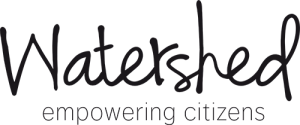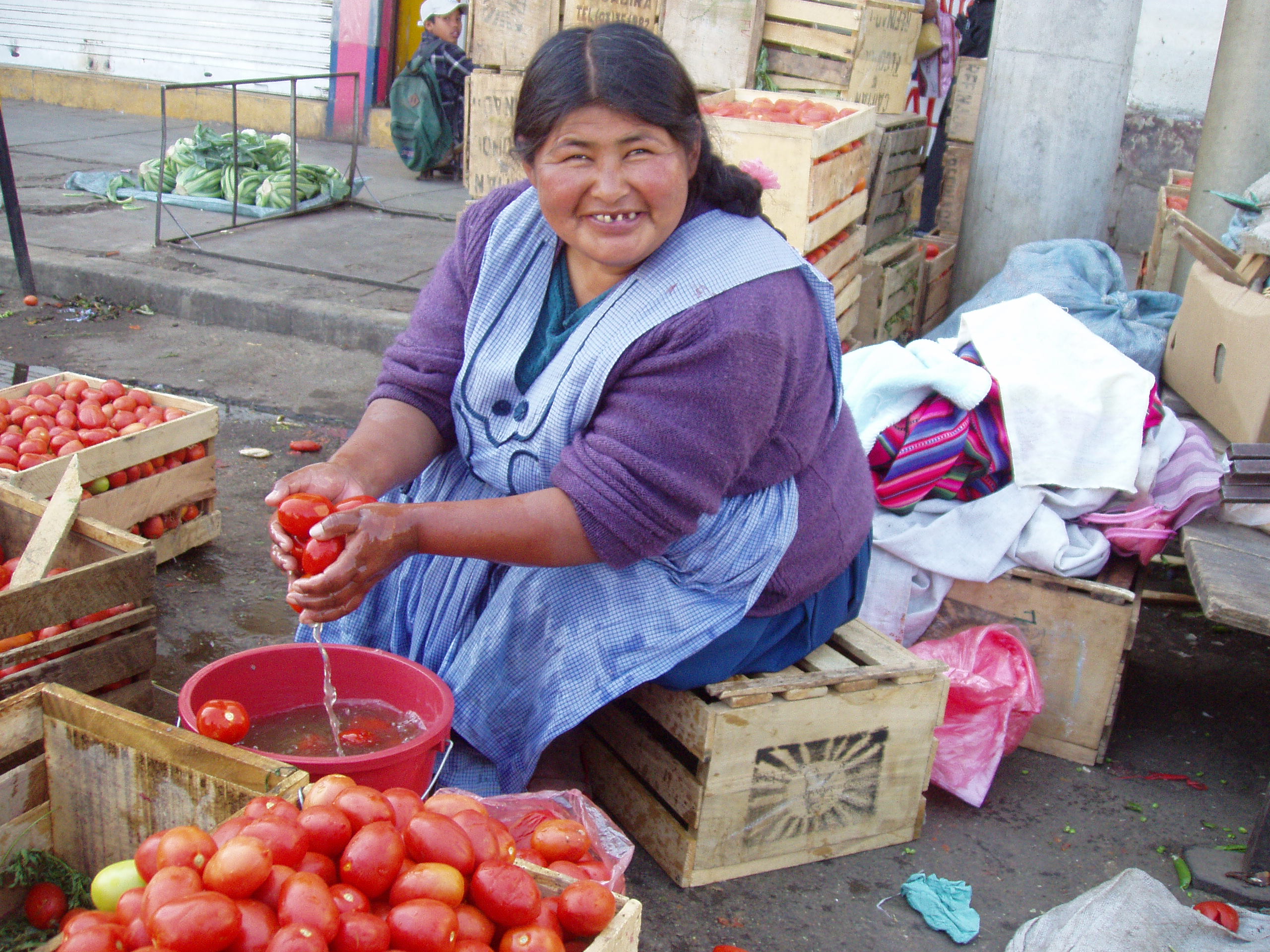Linking WASH and IWRM, as demanded by SDG 6, is essential but hard. With pragmatism and a problem based approach it can be done.
In 2000 I joined IRC in the final stages of a PhD based on four years field research in rural Zimbabwe, the subject of the research: water resources and human development. I was hired to “do Integrated Water Resources Management (IWRM)” within IRC. Basically, to look at how drinking water and sanitation (WASH) services linked to broader issues of water resource management.
SDG 6 driving change
I’ve done much less IWRM related work over the last ten years or so, as has IRC. Mainly I would argue due to the effect of the Millennium Development Goals (MDGs) and the focus on providing new WASH services. But also because in most of the countries where we work (India being a major exception) developing water-based services was far more of a national priority than managing water resources. This is now changing, at least partially.
The change is driven by a Sustainable Development Goal No. 6 dedicated to water (and sanitation) in all its aspects, in turn based on the reality of competition for scarce resources made worse by climate change: an ever present challenge to the sustainability of WASH services. As a result, the global environment is much friendlier to looking at the linkages between WASH and IWRM.
“Light IWRM”
Yet IWRM remains inherently difficult, and the reasons that interest in it waned remain. Good decision making about water resource management calls for information and capacity that is often lacking and is expensive to develop. And, while it is easy to agree on the vision (effective, efficient and equitable development of a country’s water resources) in practice it is costly, time consuming and difficult to do.
Against this background, what were the lessons of IRC’s work in the first decade of the millennium, and do they remain valid? To the second answer, I would say yes; to the first, in a nutshell, to be locally relevant, pragmatic and problem driven. Perhaps most importantly, to adopt the approach that we (inelegantly) called “light IWRM“: applying the principles of IWRM (subsidiarity, integration, equity) to the day-to-day reality of providing water-based services while protecting ecosystems.
In this context, I think that the EMPOWERS and MUS guidelines that we developed at the time and that incorporate this approach remain useful tools – providing entry points for water service providers or resource managers.
Providing WASH Services is hard and effectively managing water resources arguably harder, yet both are essential and involve the most fundamental human rights. Making sense of the high level concepts, turning these into realistic and actionable plans, and supporting investment in the information, engagement and management systems to implement these plans is essential work for IRC, and everyone working in the sector.
Blog written by: Patrick Moriarty – CEO of IRC

